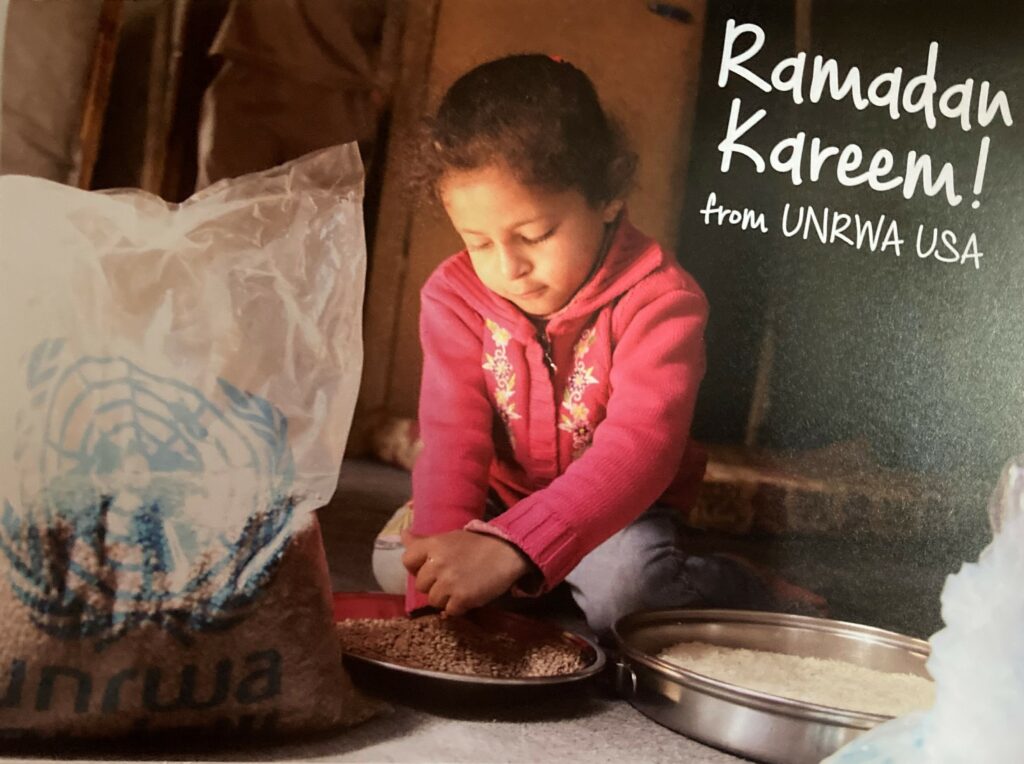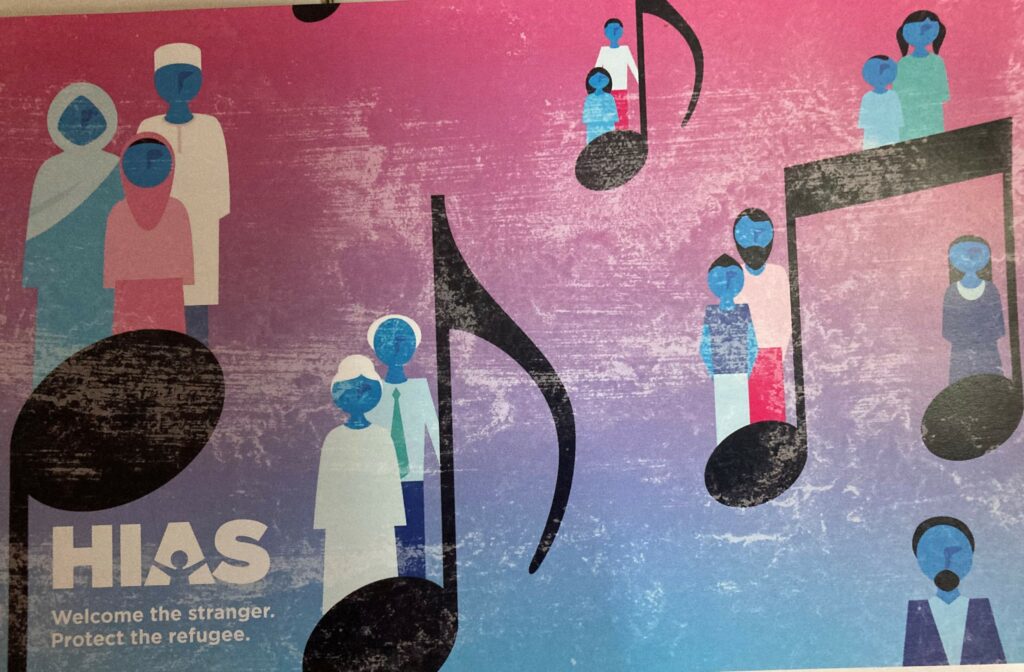What if I told you there was a way you could reach out and touch your supporters more often, with less effort, with more impact, and raise more money for your nonprofit? Would you be interested?
There is, and it’s called an integrated donor communications calendar. And it’s easy!
Why Planning Your Posts and Your Asks Makes Life Easier
Did you ever have this experience? You open your computer, see that you haven’t emailed, Facebooked, tweeted, etc., to your donors in weeks. Your heart sinks.
“I really have to get in touch with them right now,” you say to yourself. “But what in the world will I say?”
I sympathize. There’s nothing more off-putting than a blank screen (unless it’s a blank piece of paper). Many’s the time I’ve got up and made myself a cup of tea, or cleaned the cats’ litter box…anything to delay that fateful moment when I have to have an idea.
The problem isn’t with you, or me. The problem is that we are leaving too much to chance.
Yes, a blinding flash of inspiration can strike just at the moment when you sit down to write. It can happen. But that’s not the way to bet.
Instead, we can more or less guarantee that we will have something to write about. Not only that, but we can make sure that we’ll be sending out the right messages at the right time, to the right audience, making them feel seen and appreciated (and more likely to donate when asked).
Planning ahead makes life easier for us and better for our readers and donors. So, how do we start? We start with a calendar.
What to Put on Your Donor Communications Calendar
The three types of content you want to share with your supporters are:
- Seasonal
- Campaign
- Evergreen
Seasonal communications
Topical content is what will be top of your donor’s minds and close to their hearts at any given time.
If you know your audience, you know what they care about, specifically. For example, the Martin Luther King holiday is just another Monday off for some communities. For others, it is the most important day of their year.
Think about what will be front and center for the audience that gives to your nonprofit throughout the year. Take out a calendar, go month by month, and list the topics. Then, think about what your organization is especially well positioned to say about them. (For instance: “Did Martin Luther King play a role in promoting Fair Housing?” is a good post for a Fair Housing Commission, but it would be weird and distracting for a group focused on environmental racism to put out.)
Now, put that precise topic on your calendar, on the date when you want it to go public. Plan backwards from that date f0r
- when you want to finalize and schedule it,
- when you want to create different formats for your email and your various social media,
- when you want to write it,
- when you want to assemble photos, links, quotes, etc., for it
- when you need to interview anyone for it (because anything that involves more than one person will take longer!)
When you put those steps on your calendar, you won’t wake up in a panic in mid-January wondering what to post. You’ll come back to work after New Year’s Day, look at your calendar, and have your plan for your MLK Day post in order. Simple!
Do the same thing for as many significant dates during the year as you can come up with. You’re off to a great start for the year.
Campaign communications
Let’s say your organization advocates for new policies when the legislature is in session–or runs a summer camp–or has an annual gala. Unlike the seasonal topics, these campaigns are not events that donors will necessarily know about by themselves. But you want them to pay attention!
Talk with your Executive Director and colleagues about what the organization will be doing over the course of the calendar year that you want the public to pay attention to, and perhaps even get involved in. Figure out the key dates, the essential themes, and the calls to action you want to share. Plan multiple messages across different platforms.
Now, block out the time on your calendar when most or all of your messaging is going to focus on that campaign.
Evergreen communications
Between seasonal content and campaign content, your communications calendar is starting to look substantial! Remember, though: consistency matters. Your donors and other supporters should look forward to hearing from you regularly. If you do a monthly newsletter, it should be every month. If you do a weekly Facebook post (I’d suggest more often), make sure you don’t skip a week. If you’re on Twitter, you can do variations of the same tweet multiple times a week, or a day. And so on.
Where are you going to get all that content? That’s where evergreen topics are so, so helpful.
Evergreen content is the kind of story that your donors will find interesting no matter what week, month, or year it is and what else may be going on. It’s what they care about, always. If you recognize what matters to them and serve it up regularly, they will keep coming back for more.
Cast your net to catch evergreen content when it shows up on the internet. (Google Alert and Feedspot are two of the many tools you can use for this.) Create a system for collecting stories from your staff, and a story bank, and you can pull from that treasure trove at will.
Betwixt and between the seasonal and campaign topics, at any time on your calendar, you can share your evergreen content with your readers. Sometimes, that will be what they remember the best!
Integrate Fundraising into Your Calendar
Most of fundraising is what happens between the asks.
Fundraising includes the thanks you send and the impact you demonstrate. It also includes the ways you provide value to your donors and the ways you make them happy to hear from you.
But of course, fundraising is also asking for money. And you should include your direct mail, email, and events fundraising in your calendar, too. That way, your asks can build off what you are already saying to your donors–and your communications can seamlessly lead into your solicitations.
The best day to start your communications calendar is today! List those seasonal, campaign, and evergreen topics and start plugging them into your schedule. Do yourself a favor and never have to wonder “What in the world will I say?” again.



